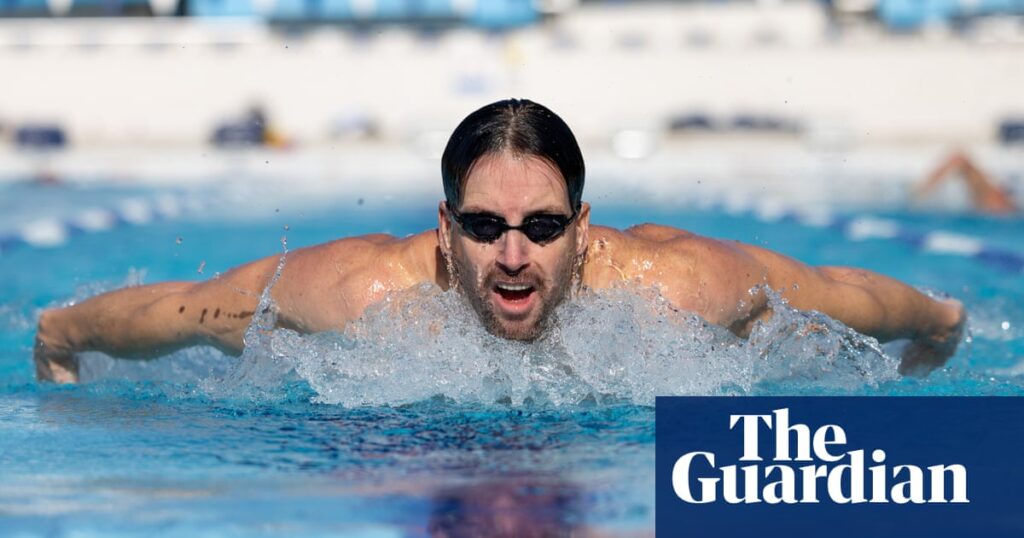
A group of prominent Australian athletes, including former Olympic diver Melissa Wu and Diamonds netballer Natalie Butler (nee Medhurst), has raised concerns about the Enhanced Games. This “superhumanity” startup recently confirmed plans for its inaugural event next year in Las Vegas, where former world champion swimmer James Magnussen is expected to participate.
The first Enhanced Games, scheduled for next May, will feature medical screenings and individualized health profiling for sprinting, swimming, and weightlifting events. The organizers have promised oversight by independent scientific and ethics boards to address safety concerns. However, Sport Integrity Australia’s (SIA) Athlete Advisory Group, comprising members like rugby sevens representative Ben O’Donnell and gymnast Alexandra Kiroi-Bogatyreva, has urged athletes to resist the allure of prize money and uphold their status as role models by competing clean.
Concerns Over Doping and Health Risks
The advisory group issued a statement emphasizing the risks associated with normalizing performance-enhancing drugs.
“The normalization of performance-enhancing drugs promotes doping as entertainment, putting athletes at risk, and devalues the efforts of those who choose to compete clean,” the group stated.
They expressed particular concern about the impact on young athletes and the potential health risks of using performance-enhancing substances or methods that might be mistakenly perceived as safe.
SIA has maintained its stance, describing the Enhanced Games concept as “dangerous, unethical, and damaging to sport.” Sarah Benson, SIA’s chief executive, stated,
“We work to ensure that sport is safe and fair for all. The Enhanced Games is promoting the complete opposite and poses a significant risk to athletes’ health and safety while undermining the fundamental values of sport in Australia.”
Financial Incentives and Ethical Dilemmas
The Enhanced Games aims to attract former elite athletes like Magnussen with substantial prize money, including $777,000 (US$500,000) for each event and $1.55 million (US$1 million) for breaking a recognized world record. Participants will be required to disclose the substances they use, as organizers promote “advances in medical science.”
This development follows the announcement of SIA’s new Athlete Advisory Group, selected from 70 applicants. Their first public act was to voice concern over the Enhanced Games.
“For athletes considering participation, we strongly urge them to reconsider and fully understand the health risks not only to themselves but also the influence their choices may have on young athletes who look up to them and emulate their choices,” the advisory group said.
Implications and Future Outlook
The Enhanced Games’ proposition raises significant ethical and health questions, posing a challenge to the traditional values of competitive sports. The event’s emphasis on performance-enhancing substances could redefine the landscape of athletics, potentially encouraging a shift away from natural talent and hard work.
Meanwhile, the broader sporting community remains divided. Some argue that embracing scientific advancements could lead to new records and achievements, while others fear it might erode the essence of fair competition. The ongoing debate underscores the need for informed decision-making among athletes, particularly concerning their health, legacy, and the integrity of the sport.
As the Enhanced Games approach, the sporting world will be watching closely to see how athletes and governing bodies respond to this controversial initiative. The decisions made in the coming months could have lasting impacts on the future of sports and the role of ethics in athletic competition.





